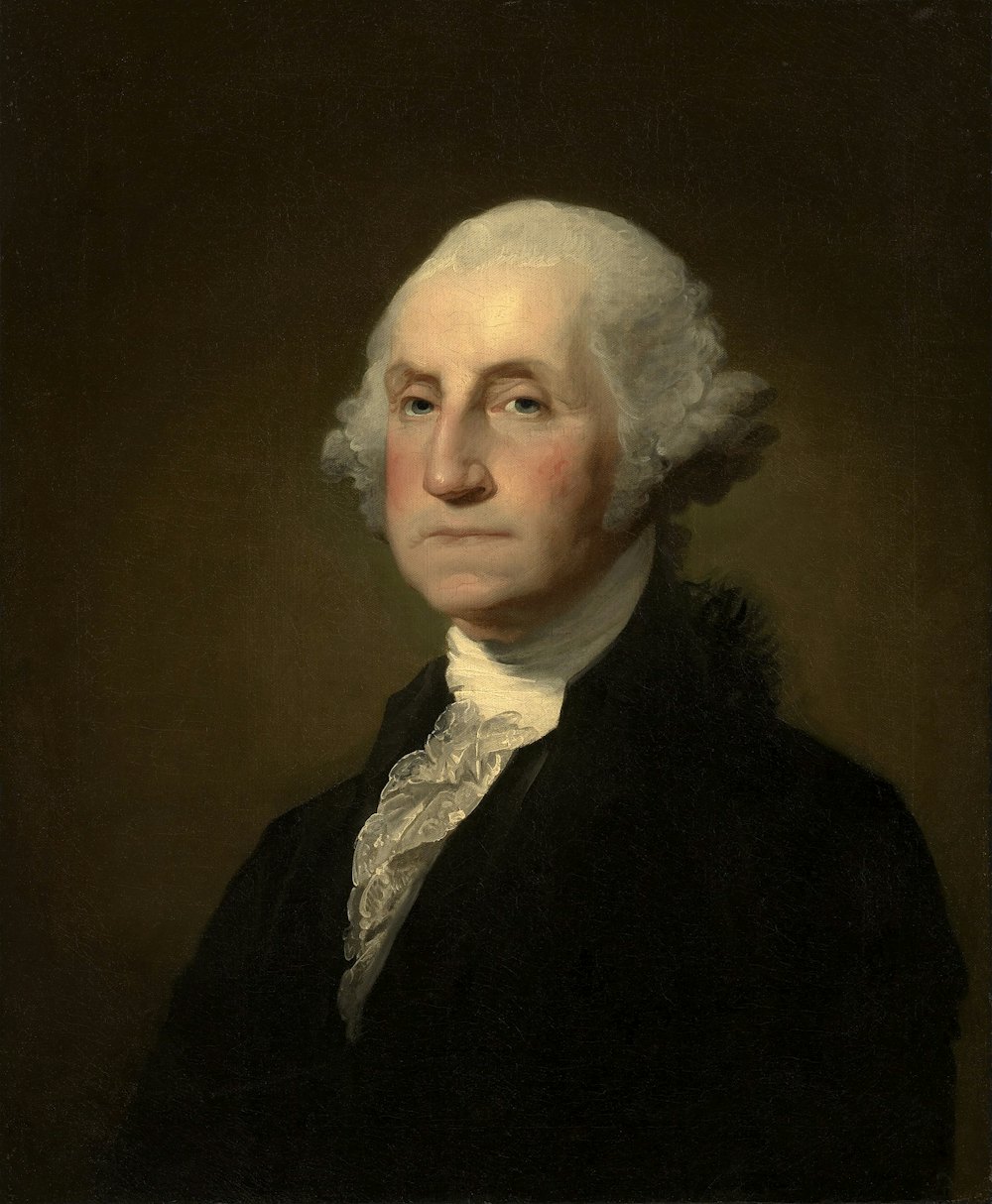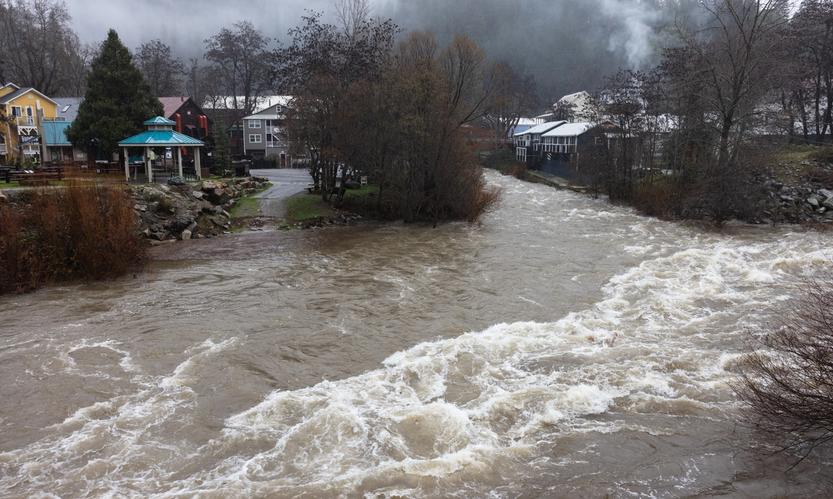By George Washington From your bright sparkling Eyes, I was undone; Rays, you have, more transparent than the sun, Amidst its glory in the rising Day, None can you equal in your bright arrays; Constant in your calm and unspotted Mind; Equal to all, but will to none Prove kind, So knowing, seldom one so Young, you’l Find. Ah! woe’s me, that I should Love and conceal, Long have I wish’d, but never dare reveal, Even though severely Loves Pains I feel; Xerxes that great, was’t free from Cupids Dart, And all the greatest Heroes, felt the smart. This poem is in the public domain. About the poem: One of two surviving love poems written by a teenaged George Washington. The poems were written in a small notebook inscribed, “A Journal of My Journey Over the Mountains began Fryday the 11th. of March 1748”, during a surveying expedition he joined at age 16. The poem begs the question, “Who is Frances Alexa?”. Historians’ best guess is that Washington was four lines away from completing the poem, written in tribute of a young woman named Frances Alexander. It is not known whether he ever completed the poem. In 1751, Washington made his only trip abroad when he accompanied his brother to Barbados, hoping the climate would cure his brother’s tuberculosis. During the trip, Washington contracted smallpox, which left his face slightly scarred. In 1752, Washington was appointed by the Virginia lieutenant governor as a major and commander of one of the four militia districts in Virginia. He was sent as a special envoy by the British to demand that the French leave the Ohio Valley (which they refused to do). In 1754, he was promoted to lieutenant colonel and second-in-command of the Virginia Regiment. During the 1758 campaign to capture Fort Dusquesne from the French, he was again promoted, this time to brevet brigadier general. However, after that expedition, he resigned his commission and returned to Mount Vernon (which he had inherited from his brother’s estate). Before and during the American Revolution, Washington played a central role in the colonies’ attempts to pull away from Britain. He served as a delegate to the First Continental Congress in 1774, and also the Second Continental Congress in 1775. On June 14, 1775, Congress created the Continental Army, and Washington was unanimously elected as its commander-in-chief, a role in which he served until the end of the war in 1783. In 1789, he was elected the first President of the United States, a role in which he served until 1797. Washington died on December 14, 1799, at Mount Vernon. He was 67 years old.Untitled — and unfinished?
 About the poet: George Washington was born on February 22, 1732, in Popes Creek (Westmoreland County), Virginia. When his father died in 1743, Washington inherited Ferry Farm (near Fredericksburg, where the family had earlier moved) and 10 slaves. He attended Lower Church School in Hartfield, learning mathematics and land surveying, and becoming a talented draftsman and mapmaker.
About the poet: George Washington was born on February 22, 1732, in Popes Creek (Westmoreland County), Virginia. When his father died in 1743, Washington inherited Ferry Farm (near Fredericksburg, where the family had earlier moved) and 10 slaves. He attended Lower Church School in Hartfield, learning mathematics and land surveying, and becoming a talented draftsman and mapmaker.
Featured Articles

Storms Bring Heavy Rainfall and Local Disruptions →
December 22, 2025
Sierra County faces power outages and water issues amid heavy rainfall and storm warnings.
215 Animals Seized for Cruelty from Grass Valley Property →
December 22, 2025
Human Remains Found Near South Yuba Bridge in March Identified →
December 17, 2025
Transfer Station Burn Suspended After Community Concerns →
December 16, 2025
Sierra Hardware Plans Extensive Repairs After Flood Damage →
December 8, 2025